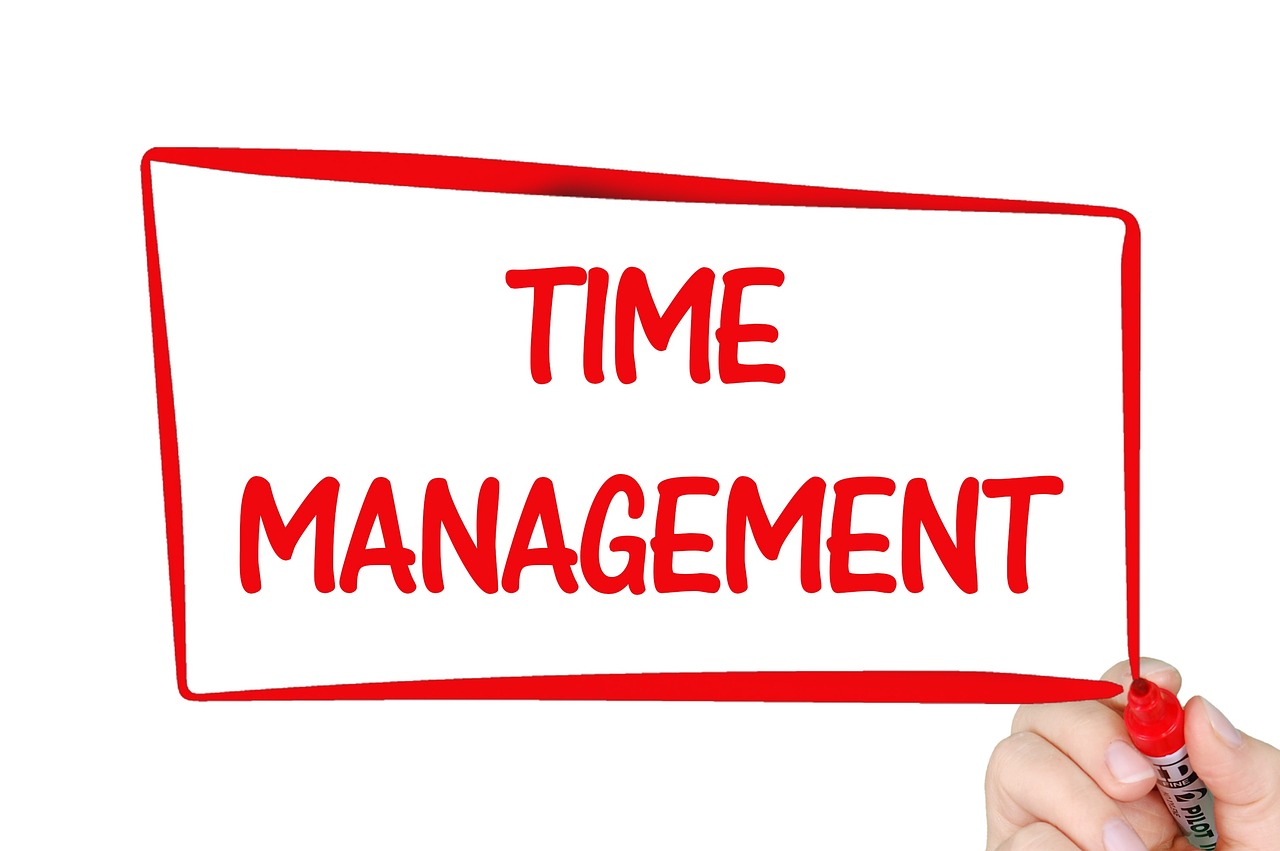Time management is a crucial skill for high school students, as it helps balance study, work, and social life. Effective time management can mean the difference between success and burnout. Here’s a guide to help you prioritize tasks, use planners or digital calendars, and set aside time for both studying and relaxation.
1. Understanding Time Management
Time management involves organizing and planning how to divide your time between various activities. It ensures that you accomplish tasks efficiently and reduces stress by providing a clear structure for your day.
Benefits of Time Management:
- Improved Productivity: You get more done in less time.
- Reduced Stress: A clear plan reduces anxiety and last-minute rushes.
- Better Balance: It helps maintain a healthy balance between school, work, and personal life.
- Higher Success Rates: Well-managed time leads to better grades and achievements.
2. Prioritizing Tasks
The first step in effective time management is learning how to prioritize your tasks. Here’s how:
The Eisenhower Matrix
Use the Eisenhower Matrix to categorize tasks into four groups:
- Urgent and Important: Tasks that need immediate attention. E.g., studying for tomorrow’s test.
- Important but Not Urgent: Tasks that are important but can be scheduled for later. E.g., starting a project due next month.
- Urgent but Not Important: Tasks that are urgent but can be delegated or minimized. E.g., responding to non-critical emails.
- Not Urgent and Not Important: Tasks that can be eliminated or done during free time. E.g., browsing social media.
Tips for Prioritization:
- List Tasks: Write down everything you need to do.
- Assess Deadlines: Determine the urgency of each task.
- Rank Importance: Decide what tasks are most crucial for your goals.
3. Using a Planner or Digital Calendar
Once you’ve prioritized your tasks, it’s time to organize them. Using a planner or digital calendar can help keep track of your schedule.
Choosing the Right Tool:
- Planners: Physical planners are great for those who prefer writing things down. Look for ones with daily, weekly, and monthly views.
- Digital Calendars: Tools like Google Calendar or apps like Todoist and Trello offer reminders and can be accessed from multiple devices.
How to Use Your Planner or Calendar:
- Input All Tasks: Write down all your tasks, deadlines, and commitments.
- Schedule Study Time: Allocate specific time slots for studying and stick to them.
- Block Relaxation Time: Ensure you schedule time for relaxation and hobbies.
- Set Reminders: Use reminders for important tasks and deadlines.
- Review Regularly: Check your planner or calendar daily and adjust as needed.
4. Setting Aside Time for Studying and Relaxation
Balancing study time with relaxation is vital to avoid burnout.
Effective Study Habits:
- Find Your Peak Time: Identify when you’re most productive and schedule study time during these periods.
- Use the Pomodoro Technique: Work for 25 minutes, then take a 5-minute break. Repeat this cycle four times, then take a longer break.
- Eliminate Distractions: Study in a quiet environment and put away devices that aren’t needed.
Importance of Relaxation:
- Mental Health: Taking breaks and engaging in relaxing activities helps reduce stress and improves overall well-being.
- Physical Health: Activities like exercise, sports, or simply taking a walk can help maintain physical health.
- Social Life: Spending time with friends and family is crucial for maintaining a support system and having fun.
5. Tips for Success
Here are some additional tips to enhance your time management skills:
- Set SMART Goals: Specific, Measurable, Achievable, Relevant, Time-bound goals give you clear objectives.
- Use Checklists: Break down tasks into smaller steps and check them off as you complete them.
- Stay Flexible: Be prepared to adjust your schedule as needed.
- Limit Multitasking: Focus on one task at a time to maintain quality and efficiency.
- Review and Reflect: At the end of each week, review what you’ve accomplished and plan for the next week.
Conclusion Good time management is essential for balancing the demands of high school. By prioritizing tasks, using a planner or digital calendar, and setting aside time for both studying and relaxation, you can achieve success without experiencing burnout. Start implementing these strategies today and watch how your productivity and overall well-being improve!

